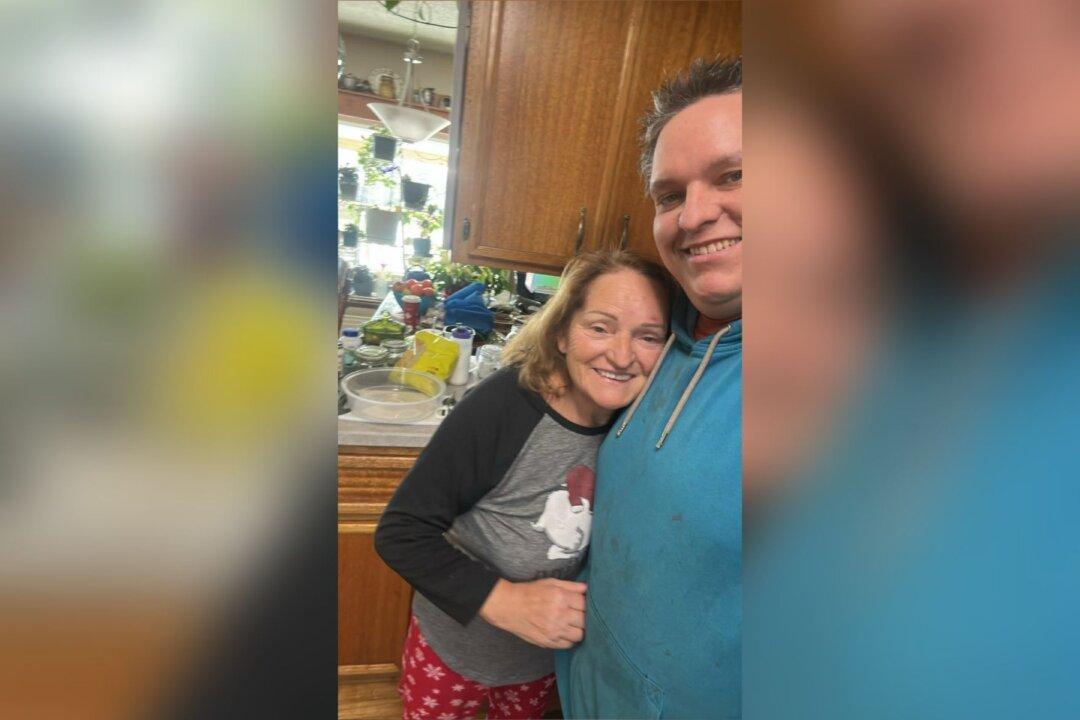Lawyers for a proposed class-action lawsuit against the convoy protest in Ottawa argued in court Wednesday that GiveSendGo may be in breach of a freezing order on funds raised for the convoy on the website.
Monique Jilesen, a lawyer representing the proposed class and who obtained an injunction that froze convoy funds, said the order is meant to secure funds so the legal issue of how they should be used can be dealt with in court.





